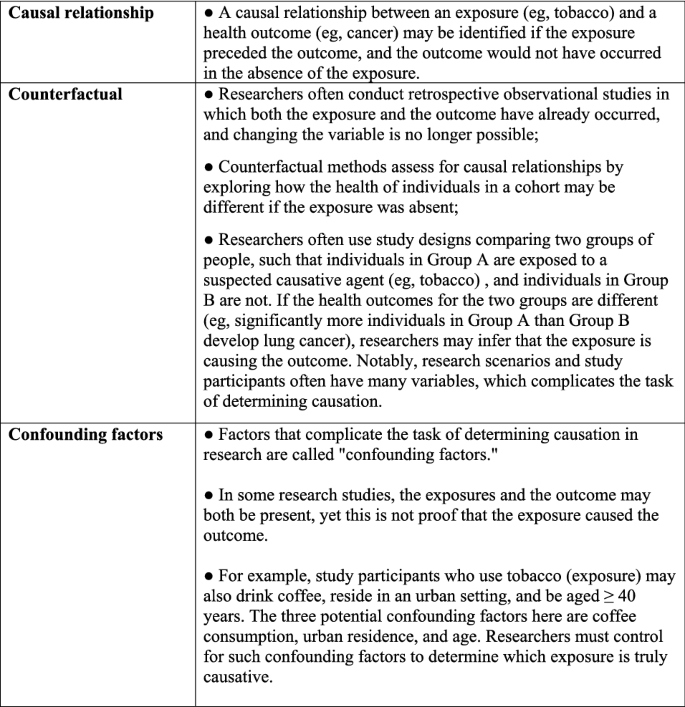Electronic cigarette studies encompass a wide range of research areas, primarily focusing on their health effects, usage patterns, and potential as smoking cessation tools.
Health Effects
- Respiratory Health: Studies investigate the impact of e-cigarette aerosols on lung function, inflammation, and the development of respiratory diseases.
- Cardiovascular Health: Research explores the effects of vaping on heart rate, blood pressure, and the risk of cardiovascular events.
- Cancer Risk: Long-term studies are assessing the potential carcinogenic effects of e-cigarette exposure.
- Addiction: Research examines the addictive potential of nicotine-containing e-cigarettes, including factors influencing initiation and dependence.
- Secondhand Exposure: Studies evaluate the health risks associated with secondhand exposure to e-cigarette aerosols.
Usage Patterns
- Prevalence: Surveys and data analysis track e-cigarette use among different age groups, demographics, and geographic locations.
- Initiation and Progression: Research investigates factors that lead individuals to start using e-cigarettes and how their usage patterns evolve over time.
- Dual Use: Studies examine the concurrent use of e-cigarettes and traditional cigarettes and its implications for health.
- Motivations: Research explores the reasons why people use e-cigarettes, such as smoking cessation, harm reduction, or recreational use.
Smoking Cessation
- Efficacy: Clinical trials and observational studies evaluate the effectiveness of e-cigarettes as a smoking cessation aid compared to other methods.
- Relapse Rates: Research tracks relapse rates among smokers who use e-cigarettes to quit and identifies factors associated with successful cessation.
- Comparative Studies: Studies compare the effectiveness of e-cigarettes to nicotine replacement therapy (NRT) and other smoking cessation interventions.
It’s important to note that the long-term health effects of e-cigarettes are still being studied, and more research is needed to fully understand their impact.










